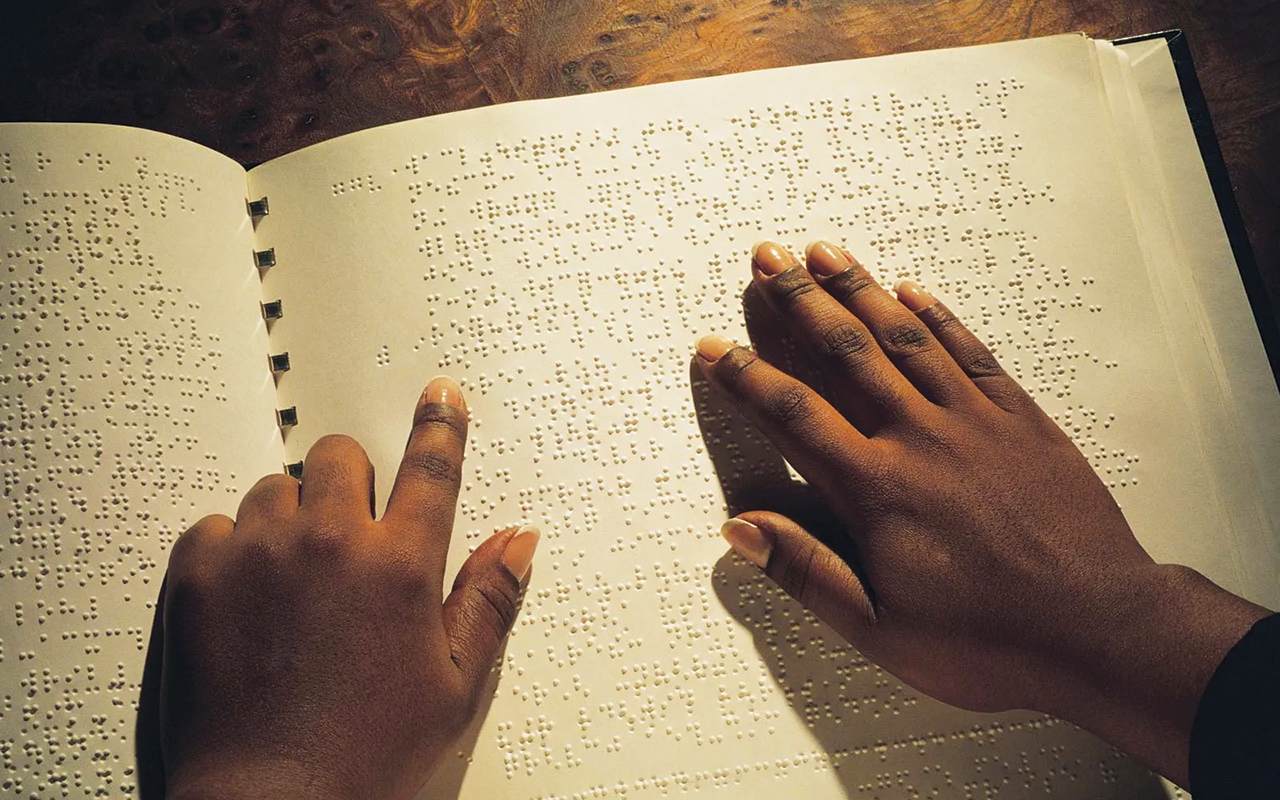
Book Trek that usually heralds the yearly book picnic, Lagos Art and Book Festival (LABAF) 2016, scheduled for November, got underway last Saturday at Quintessence book and art store, Ikoyi, Lagos, with a female writer, Ms Molara Wood. She read from her collection of short stories, Indigo published in 2013 and a travelogue, Route 234. It was a combination of reading and conversation, as the audience engaged Wood on sundry literary and social-cultural issues.
CORA Secretary, Mr. Toyin Akinosho, introduced the guest writer to a packed audience that had come to enjoy an evening of literary engagement. He informed that the theme for this year’s LABAF is ‘The Terror of Knowledge,’ which CORA Programme Chair, Mr. Jahman Anikulapo, later explained was why fundamental groups like Boko Haram would fight to deny majority access to knowledge so their perverted orthodoxy is not challenged by those they seek to enslave.
Wood first read ‘Farewell Jufure,’ her own story in Route 234, on the perilous sea journey that nearly claimed her life, her son and others on the trip undertaken to The Gambia to the island town of Jufure, purported home to Kunta Kinte of Roots novel also made into film. She also read another, ‘Ol Ari Nyiro’ a 100-acre conservation facility in Kenya, and managed by an Italian woman who Wood said seeks to recreate the exotic African past to satisfy the racist tastes of Europeans who believe Africa should not have changed from its primordial nature to a modern one.
Then she turned to Indigo, and read the title story, a story she said came out of a writing workshop. ‘Indigo’ speaks to women who are unable to have children years after marriage, the things they sometimes do to accomplish this aim and the stigma they suffer in the hands of other women. And Wood said, “I was amazed, horrified at what women have to undergo to conceive. Then, after the first (child), people begin to ask ‘when is another (baby) coming?’ The idea is to write a story and for it to mean something and let it resonate with the readers”.
In ‘Indigo,’ the stigmatised woman is taken by an aunt to a herbalist or babalawo to seek solution to her childlessness. This sparked a round of conversation around stigmatised traditional African institutions in the face of foreign religions and how traditional African ways of doing things are fast loosing their foothold.
According to Wood, “I’m a lifelong student of Yoruba; I’m well-versed in Yoruba history, culture and language. I’m a culture activist. I don’t denounce or defend the right of people to what they worship. For those who are in denial, babalawos are not aliens; they are alive. How babalawos are portrayed in cliché fashion is unhealthy by our filmmakers. Kunle Afolayan’s Figurine is spot on in not demonising African religion.
“Traditional worshippers are very brave to own up to their religion. How elements of traditional culture are portrayed is symptomatic of society. There’s a lot we can do to rediscover our past and reclaim it. Sadly, the battle to reclaim traditional religion is already lost in favour of foreign religion. But for those who think it is part of our identity, history and culture, we should let them be and be tolerant of them and allow them have their own validity. The defamiliarisation and dealienation from culture is what I’m trying to familiarise in my writing”.
Although a feminist, Wood noted that she loves writing about the issues that affect women from a fairly objective position, adding, “I don’t write about women because I think they are angels. I also write about men even though I’m a feminist”.
Wood also gave insight into her writerly life, how her childhood fascination with books fueled it. She said she kept a dairy as a child and always had her nose in books combined with what she called her ‘atrocious memory’.
She noted, “The diaries have been a revelation. I have an ear for what would mean something; it could be something someone said. I have an atrocious memory; it remembers things relevant and irrelevant. Things stick to my mind forever. I always remember; so the filmic resonance of things hit me”.
For Wood, everyone need not write a novel if short story sits well with them, and added that a short story is not an easy thing to write. “I don’t think everyone has to write a novel,” she defended her penchant for that sub-category of fiction although she said she is currently working on a novel. “People have to be master of their own. If it’s essay, stick to it rather than write a novel that is scrap. A good short story is actually not easy to write; you have to be precise. So, short story should not be looked down upon.”
And then, the important question popped up. Do stories, fictional stories, change the world? After a brief hesitation, Wood responded, “I think stories can make a world easy to live in. But do they change the world? Maybe. They can make us able to face the world. Whether they can immediately change the world, I may not know, but they can be part of a process that can lead to the change. But art can be a balm in the world”.
She also read ‘In the Time of Job,’ ‘Kelemo’s Woman,’ and ‘Night Market’. ‘In the Time of Job’ is a story Wood said echoes the reality of Brexit to many Nigerians living at home and in Britain, adding, “What does it mean for Nigerians here and those in the U.K.? Some Nigerians might have voted Brexit because Poles come to England to take cleaning jobs from them. It can be as bare-knuckle as that”.






